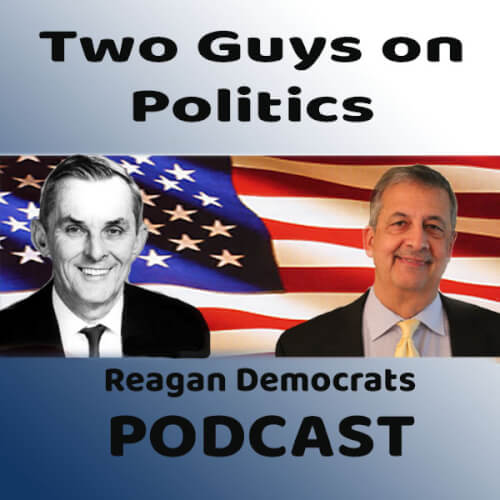Biggest mistake companies make when writing press releases
By Ray Hanania
A press release isn’t a sell sheet. It isn’t an advertising pitch. And, it’s not an internal memo patting yourself on the back.
A press release has a very specific purpose, to come as close to reflecting how a professional journalist working for a newspaper or major news site might write your story if they had been given all of the facts, and they cared about you!
A press release has to satisfy the professional writing needs of journalists, but it also needs to address the interests of the audience you are writing for.

“Audience” is critical. You need to know who your audience is. Once you know who your audience is, you can write to that audience the way that audience needs and wants to receive messages.
Is the audience the mainstream public, like food consumers? You have to write the release in as simple and as plain a format as possible. You need to treat consumers as if they don’t know any of the facts that you assume when you address issues. They are not, for example, food industry professionals, although they buy and eat food. Don’t write to yourself.
The most important part of a press release is the first sentence. That is the lead (lede) sentence. It should never be more than 30 words. It needs to be a simple sentence that is easy to understand and that conveys one clear point that is the most essential point of your total message.
A big mistake many companies make is to write releases that pat themselves on the back:
COMPANY C which is an award winning producer of product A and was launched 50 years ago as the first food company in the Midwest Region received an award today.
That says everything that a consumer doesn’t need to know, and will lead the reader to stop reading.
The news is the news. What is the news? Define the news in one sentence. Then, put that sentence into the lead sentence.
Simplify.
Throw out the industry jargon that impresses your bosses, but that is meaningless and an obstacle to the public.
Even when writing to an industry audience — which would be very limited in scope — you still need to balance industry jargon with the mainstream average person’s needs.
Don’t drown a good story in technicalities that mean something to you, but that mean nothing to the reader. Just because you put a “pat on your back” inside a story doesn’t mean the public will read it or even care.
Make the accolades subtle. No one likes someone who brags. The public can see through clever wording, and will stop reading at big industry words. The public is smart. You need to remember that. You cannot pull the wool over the eyes.
Of course, trying to convince marketing people who have never written good press releases how to write is not easy. They’ll be happy with the industry jargon-filled releases that make them look good and that satisfies their egos, even if no one in the public will ever read their writings.
Don’t waste your time or your money writing like that.
Make sure the release is INFORMATIONAL not PROMOTIONAL.
Don’t pat yourself on the back in such an obvious manner that it turns off readers. Promote yourself through a release that offers a COMPELLING STORY written in a COMPELLING MANNER. The promotion of yourself needs to be subtle, not obvious.
Editors and journalists don’t have a lot of time. They will not read the entire release if they don’t immediately understand what it is about. Write a news release as if it were written by the newspaper you are sending the release to. That requires experience in journalism, of course.
If that first sentence doesn’t say it all, they will throw it away before they even read the second sentence of all that work you put into the release.
ENewsletters are not press releases. Bragging about issues or events on Social Media like Facebook is not a press release.


